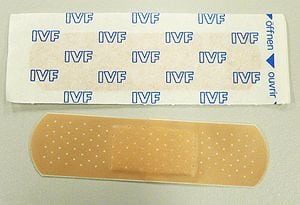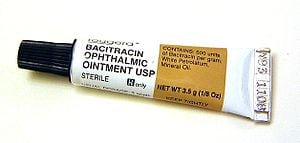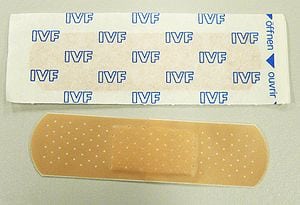Your cab bag is your lifeline in a remote, emergency situation. Consider always keeping your cab bag stocked with the following items:
Bandages – Bandages and tourniquets are necessary to any medical kit. These are required to help stop bleeding and prevent infection. Proper bandages help keep dust, dirt and debris away from open wounds. When someone suffers wounds in a remote location, it is imperative to protect his or her open wounds from dangerous bacteria that can seep into a wound and possibly cause infection. First responders should always be prepared with these necessities in their bags, especially when in remote locations with large amounts of debris.

Ointment – Ointment is just as imperative as bandages since it will clean out any bacteria or debris that did find its way into the wound. Those who travel outdoors should always include a quality ointment in their cab bags to keep away dirt and debris. Bacterial infections, in particular, are a great concern when a person suffers wounds in a remote location. It is important to keep the wound clean to avoid dangerous infection, or possible amputation. Ointment, along with a large assortment of bandages is a necessary component of any cab.

Water – Water is the gift of life. It is imperative when it comes to sustaining life. Having water handy can help prevent against dehydration and can help clean off wounds. Cleaning away dirt from wounds is a crucial step in preventing infection.
Emergency Kit – A cab bag offers plenty of room to store emergency equipment. Depending on your task, portable oxygen tanks, defibulators, or other items can help save lives. Breathing apparatuses along with heart-sustaining kits are handy tools to have close by for those with chronic health problems. Any other life-saving devices such as respirators or inhalers should also be included in your cab bag as well.
Food – Food is essential to maintain energy. Energy bars are a quick and easy way to improve essential nutrition and enhance endurance needed to navigate a remote location. First responders are also prone to the effects of the outdoors. Enough food should be brought along for both the responder and the wounded, especially when the possibility of prolonged exposure to the elements exists.



